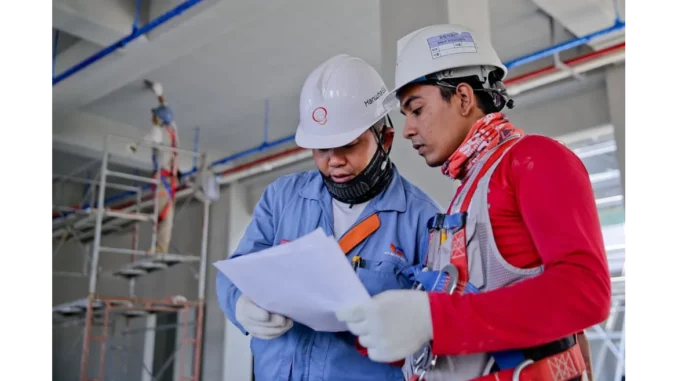
In the heart of London, the towering visage of Grenfell Tower stands as a solemn reminder of a night that forever altered the British landscape. The tragic fire of 2017, which claimed 72 lives, has left an indelible mark on the collective consciousness of the nation. This profound event has not only sparked widespread grief but also ignited a call for reform across the construction and energy assessment industries. I recently sat down with Emily Carter, a seasoned Domestic Energy Assessor with over a decade of experience, to delve into the implications of the Grenfell Report on her profession and the industry at large.
Focus360 Energy: property compliance services – pre-planning to post-construction. Learn more.
As I met Emily in a quaint coffee shop nestled in the suburbs of London, her earnest dedication to her profession was immediately evident. “The Grenfell Report is more than just a document,” she began, her voice steady yet tinged with a sense of urgency. “It’s a wake-up call for everyone involved in the construction and energy sectors. The report doesn’t just highlight past failings; it underscores the critical need for accountability and competence moving forward.”
The report’s release has reverberated throughout the industry, sparking intense scrutiny and reflection. Emily shared that the essence of her work has always been about more than just ticking boxes or collecting data. “Our assessments hold weight; they influence decisions that can affect the safety and security of residents. It’s about doing the right thing and ensuring that the information we provide is accurate and reliable.”
Emily recounted the recent scrutiny following a mystery shopper investigation by the consumer group, Which?. “The investigation was an eye-opener,” she admitted. “It revealed discrepancies in the accuracy of Energy Performance Certificates (EPCs), which are crucial for understanding a building’s energy efficiency. This has put us, as energy assessors, under a microscope.”
The heightened attention on the accuracy of EPCs has propelled a shift in the industry’s approach to professional competence. “Continuous Professional Development (CPD) is now more critical than ever,” Emily asserted. “It’s not just about staying compliant; it’s about staying competent and informed. The Grenfell tragedy has shown us that ignorance or negligence can have dire consequences.”
Emily is a strong advocate for CPD, recognising it as a cornerstone of professional integrity. “Keeping up with new regulations and best practices isn’t optional; it’s a necessity. The government has recognised this, embedding CPD in its EPC Action Plan. It’s a step in the right direction, ensuring that we remain accountable and provide assessments that reflect the highest standards.”
As our conversation continued, Emily highlighted the ethical dimension of her role. “Being an energy assessor is about more than numbers. We have a responsibility to the public. Our reports can determine property values, influence energy upgrades, and even affect a property’s legality in terms of letting. It’s a weighty responsibility that we must take seriously.”
The Grenfell Report has catalysed a shift towards a more conscientious and diligent industry. Emily stressed the importance of maintaining detailed records and evidence to support assessments, especially when faced with scrutiny. “Having all the necessary documentation is vital. It’s about transparency and being prepared to defend the decisions we make.”
As we concluded our discussion, Emily’s commitment to her profession and its ethical standards was palpable. “All people who work and live in our UK buildings deserve the correct information used in any assessments or tests,” she stated emphatically. “The Grenfell Report serves as a sobering reminder of the importance of our work and the need for continuous improvement.”
In reflecting on our conversation, it became clear that the report has indeed served as a catalyst for change. It is a call to action for professionals across the industry to uphold the highest standards of competence and accountability. As Emily aptly put it, “We owe it to the victims of Grenfell to ensure that such a tragedy never happens again. Our work is about safeguarding lives and building a safer future for everyone.”
Kenneth George


Be the first to comment